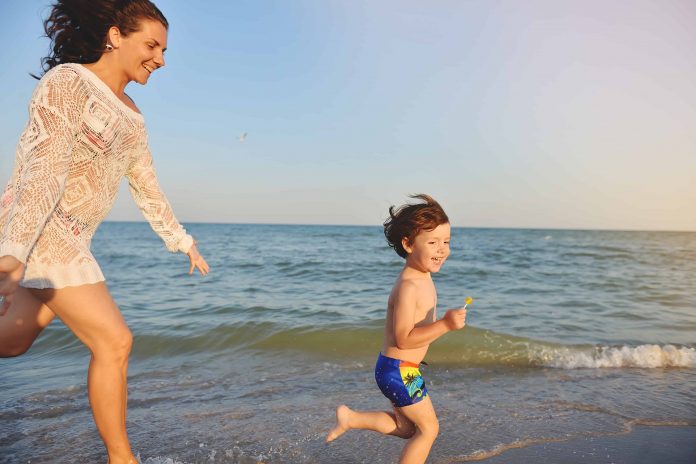In The Atlantic’s May issue, Kate Julian reports on the rise of anxiety and depression in children, and why changes in parenting may be one key to the solution.
How do you prepare a child for life in an uncertain world? At a time when anxiety is pervasive and a global pandemic has upended our lives, how can parents raise their children to handle the stress, and even anguish, they’re sure to experience? Even before the coronavirus took hold, data suggested that the kids were not alright: From 2007 to 2017, suicides among 10-to-24-year-olds rose 56 percent, and suicides by children ages 5 to 11 have almost doubled in recent years. Why is this happening, and what can be done for children overwhelmed by life?
For The Atlantic’s May cover story, “The Anxious Child, and the Crisis of Modern Parenting,” senior editor Kate Julian reports on the rising presence of anxiety and depression in children, and how modern parenting both plays a role in the problem and may be the key to a solution. Interviewing dozens of therapists, researchers, and mental-health experts, Julian heard the same thing again and again: Anxiety disorders in kids are well worth preventing, but anxiety itself is not something to be warded off. It’s an uncomfortable but universal response to stress that children must learn to tolerate in order to become healthy adults. And yet, Julian writes, parents today are doing the opposite: “Far too often, we insulate our children from distress and discomfort entirely. And children who don’t learn to cope with distress face a rough path to adulthood.”
The Atlantic has also released a related short documentary interviewing a number of elementary school-age kids about the coronavirus and how they are coping with pandemic anxiety. Later this month, The Atlantic will host a virtual EventCast with Julian about her reporting; details are forthcoming.
Julian reports on the effects of labor-intensive parenting, in which parents do more than ever to accommodate childrens’ anxiety. She reports hearing stories of parents driving a child to school because the child is frightened of the bus; tying and retying a child’s shoes until they feel just right; cutting a 13-year-old’s food because the teenager is afraid of knives; and installing the Find my Friends app on a child’s phone so the child can track the parents’ whereabouts. All of this, Julian writes, makes time-famished parents more anxious, which exacerbates their childrens’ problems, leading to a stress feedback loop and kids who lack any sense of personal competence.
The gold standard of treatment for anxious children has long been cognitive behavior therapy, but new programs, including one at Yale University, focus on adults: teaching adults to move away from accommodation and instead force their child to confront anxiety. Results so far have been positive; parents who’ve gone through the program report success getting their teenage and young-adult children to be more resourceful when faced with unexpected challenges. As Julian writes: “If we want to prepare our kids for difficult times, we should let them fail at things now, and allow them to encounter obstacles and to talk candidly about worrisome topics.” Parents can’t protect their children from the stress of the world, but they can teach them how to manage their fears, and to succeed despite them.




























